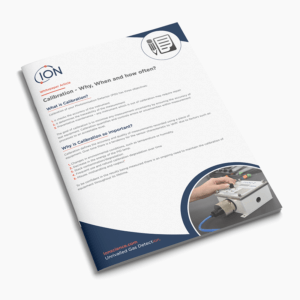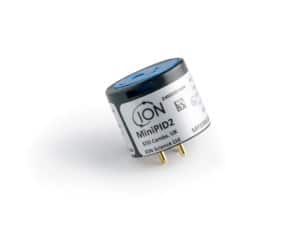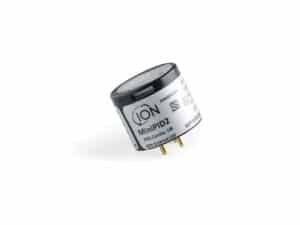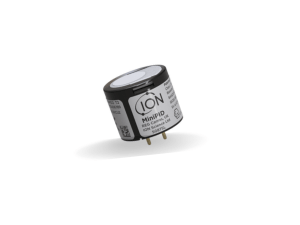
Calibration – Why, When and how often?
Calibration is vitally important wherever measurements are important. It is “Best Practice” that a PID instrument should be ‘bumped’ with a known concentration of gas as close to a calibration point as possible, before each use, to ensure that the calibration in the range of interest is still within the specification at the calibration point.
What is Calibration?
Calibration of your PhotoIonisation Detector (PID) has three objectives:
1. It checks the accuracy of the instrument
2. It determines the traceability of the measurement
3. Preventative maintenance – any instrument which is out of calibration may require repair
The goal of calibration is to minimise any measurement uncertainty by ensuring the accuracy of test equipment. Calibration quantifies and controls errors or uncertainties within measurement processes to an acceptable level.
Why is Calibration so important?
Calibration defines the accuracy and quality of measurements recorded using a piece of equipment. Over time there is a tendency for the sensor characteristic to ‘drift’ due to factors such as:
1. Changes in environmental conditions, such as temperature or humidity. 2. Decrease in the energy of the PID lamp.
3. Stack contamination/degradation
4. Frequent use and natural calibration degradation over time
5. Misuse, mishandling and neglect
To be confident in the results being measured there is an ongoing need to maintain the calibration of equipment throughout its lifetime.
For further information, please email info@ionscience.com or telephone: +44 (0) 1763 208 503 as we will endeavour to assist you with further details.
White Paper Article
Everything you need to know about Calibration – Why, When and how often?
Our White Paper Article is available to download below, the information provides you with key information and discusses the facts and common questions asked regarding Calibration.

Download your copy of ‘Calibration – Why, When and how often?’ Article
Please complete the form below to download the White Paper Article.








